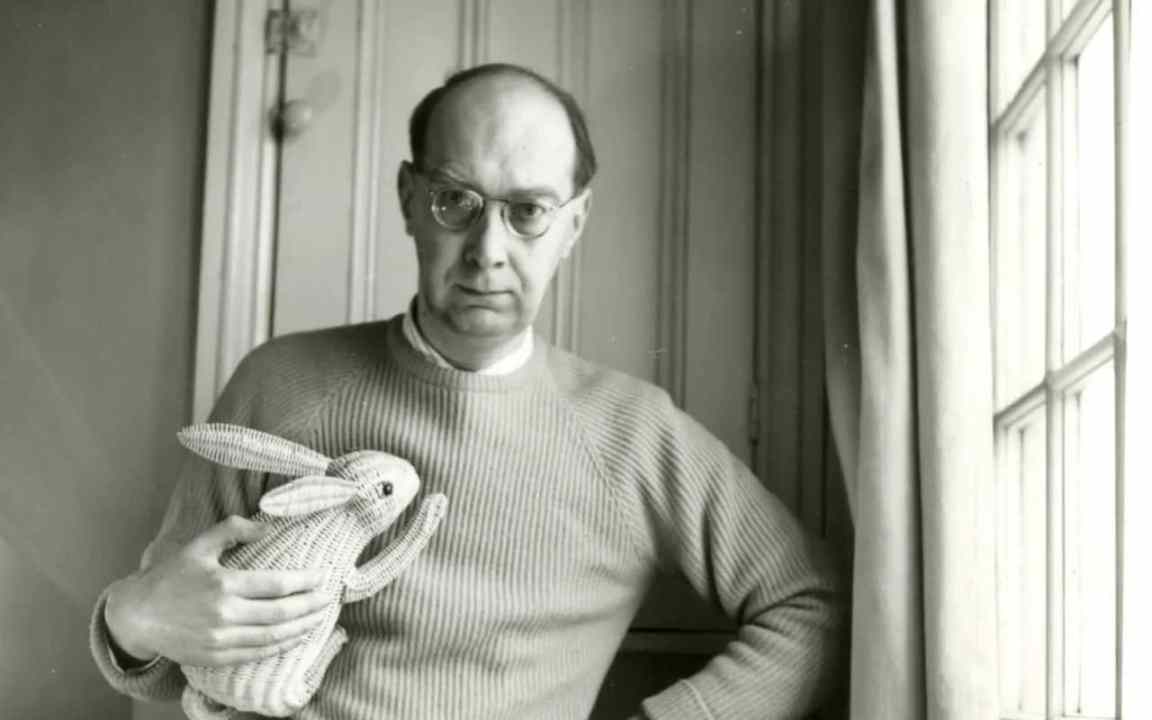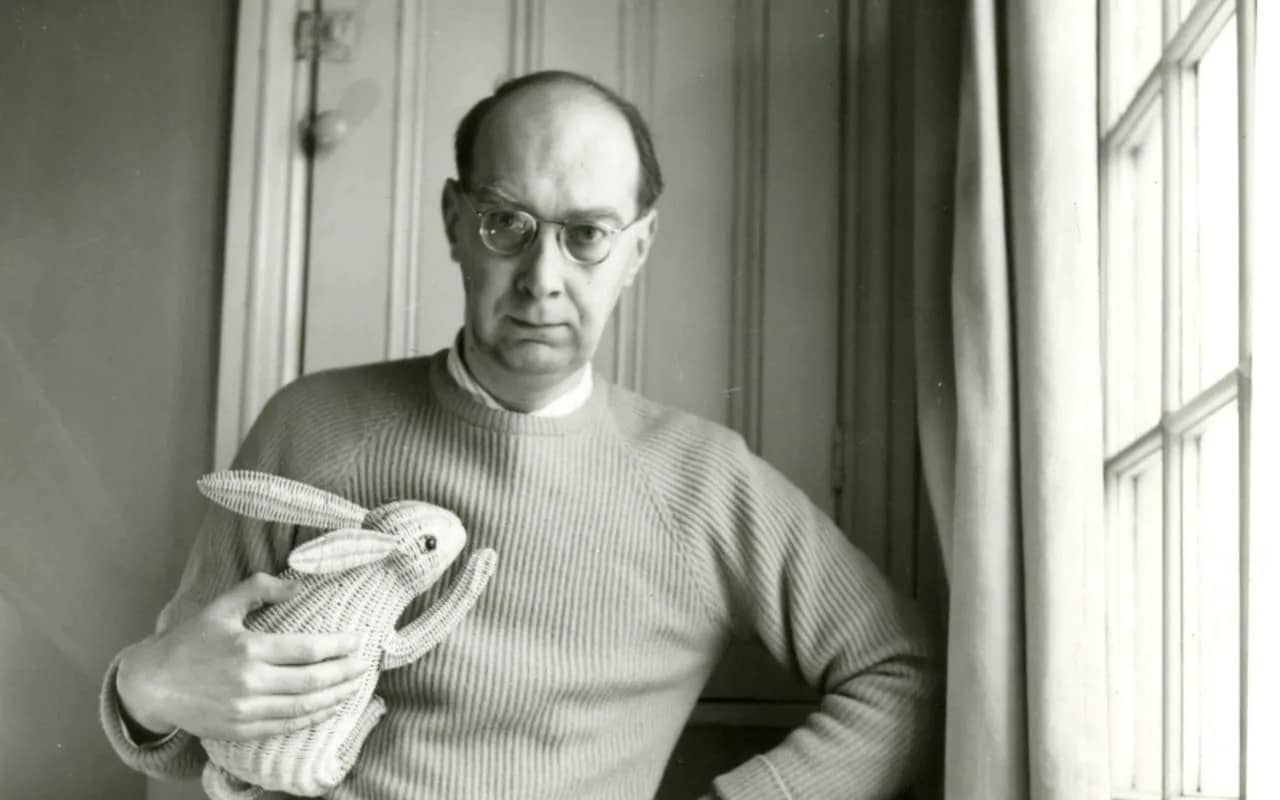The English language has a curious feature, called the phrasal verb. It consists of a plain verb plus a preposition; to go up, to get over, to find out. They are quite often more vivid than their simple synonyms – to ascend, to recover, to discover. New ones are constantly being thought up; they are also totally irrational – get on with or get off with? Most serious writers spend a lot of time thinking about them.
One day, the story goes, the poet Philip Larkin was challenged by his secretary at work. She had discovered a cache of pornography in his office cupboard. ‘But what’s it for?’ she asked. Larkin considered. ‘To wank’ – he paused – ‘to wank to, or with, or at.’
It’s the centenary of Philip Larkin’s birth. This is often the moment when a poet of large reputation is decisively discarded – you have to think of what the 1790s started to think of Pope, born in 1688, or the Bloomsbury group of Tennyson, born in 1809.

Britain’s best politics newsletters
You get two free articles each week when you sign up to The Spectator’s emails.
Already a subscriber? Log in







Comments
Join the debate for just £1 a month
Be part of the conversation with other Spectator readers by getting your first three months for £3.
UNLOCK ACCESS Just £1 a monthAlready a subscriber? Log in